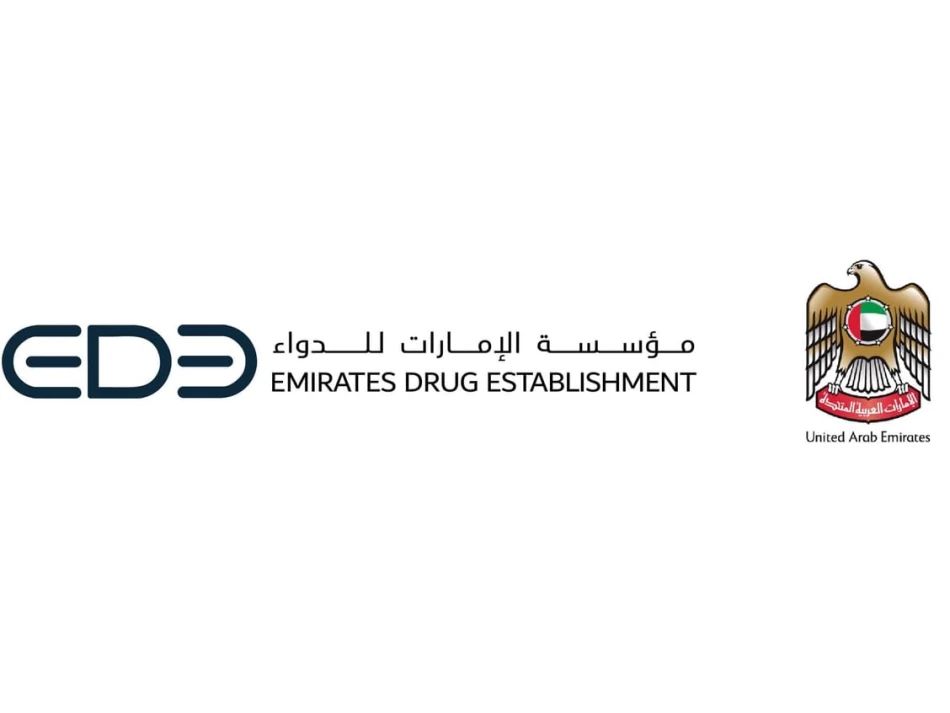
UAE Approves First Oral Medication for Treating Non-Relapsing Progressive Multiple Sclerosis
UAE Becomes First Nation to Approve Revolutionary Oral Multiple Sclerosis Drug
The UAE has secured a global healthcare first by approving "tofprotinib," the world's first oral medication specifically designed to treat non-relapsing secondary progressive multiple sclerosis. This breakthrough approval positions the Emirates as a leader in accelerating access to cutting-edge treatments and signals a new era in MS care that targets disability progression rather than just managing relapses.
A Game-Changing Approach to MS Treatment
Unlike existing MS therapies that primarily focus on preventing relapses, tofprotinib represents a paradigm shift by directly addressing disability accumulation independent of relapse activity. The oral medication works as an inhibitor targeting specific immune cells within the central nervous system—B cells and microglia—believed to play crucial roles in disease progression.
This targeted approach tackles chronic neuroinflammation at its source, offering hope for the estimated 2.8 million people worldwide living with MS, particularly those with progressive forms of the disease that have historically had limited treatment options.
Scientific Foundation and Clinical Evidence
The approval was based on comprehensive scientific studies conducted in collaboration with the National Multiple Sclerosis Society. The research demonstrated tofprotinib's unique ability to slow disability progression by addressing the underlying inflammatory processes that drive the disease forward, marking a significant departure from conventional relapse-focused treatments.
UAE's Strategic Healthcare Leadership
Dr. Fatima Al Kaabi, Director General of the Emirates Drug Establishment, emphasized that this approval reflects the UAE's proactive regulatory policies and flexible innovation environment. The country's ability to fast-track approval of this groundbreaking treatment demonstrates its commitment to becoming a global healthcare hub.
This achievement aligns with the UAE's broader Vision 2071 strategy, which aims to make the country the world's best nation by its centennial. By prioritizing rapid access to innovative treatments, the UAE is positioning itself alongside regulatory leaders like Singapore and Switzerland, known for their efficient drug approval processes.
Regulatory Innovation Model
The UAE's approach mirrors successful models seen in countries like Singapore, which has established itself as a regional pharmaceutical hub through streamlined approval processes. However, the UAE's achievement in securing global-first approval status suggests an even more aggressive strategy to attract pharmaceutical innovation and investment.
Market Implications and Global Impact
This approval could trigger a domino effect across other regulatory agencies worldwide. The European Medicines Agency and FDA often observe pioneering approvals in smaller, agile markets before making their own decisions. The UAE's move may accelerate global access to tofprotinib, particularly in markets with similar regulatory frameworks.
For pharmaceutical companies, the UAE's rapid approval process presents an attractive pathway for bringing innovative treatments to market. This could drive increased investment in the region's healthcare infrastructure and research capabilities, potentially making the UAE a preferred location for clinical trials and drug development.
Economic and Healthcare System Benefits
Beyond immediate patient benefits, this approval strengthens the UAE's position in medical tourism and attracts international patients seeking access to cutting-edge treatments unavailable elsewhere. The economic impact extends to pharmaceutical partnerships, research collaborations, and the development of specialized treatment centers.
Transforming MS Care Globally
The partnership with the National Multiple Sclerosis Society represents a new model for international healthcare collaboration. By combining regulatory agility with scientific rigor, this approach could become a template for addressing other complex neurological conditions.
For MS patients worldwide, this development offers renewed hope, particularly for those with progressive forms of the disease who have exhausted existing treatment options. The drug's oral formulation also improves convenience compared to injectable therapies, potentially enhancing patient compliance and quality of life.
As other countries evaluate tofprotinib for approval, the UAE's pioneering decision establishes the nation as a beacon of medical innovation and patient-centered healthcare policy. This achievement reinforces the country's transformation from an oil-dependent economy to a knowledge-based society leading in multiple sectors, including healthcare innovation.
Most Viewed News

 Sara Khaled
Sara Khaled






